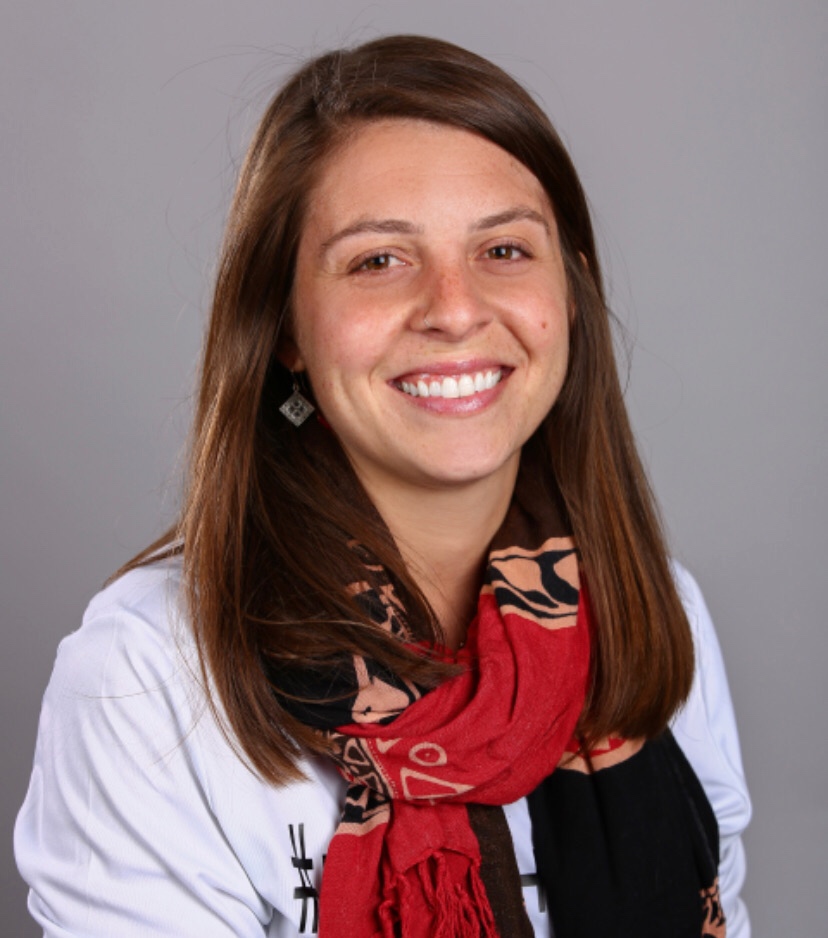You may be intrigued to know the inner workings of college academics and their early alert systems to identify students who are at-risk of failing their classes. It’s a monster of a collaborative project, and yet for larger universities this can really make or break student success.
So, what is early alert? What I can tell you it’s not is an act of shaming student’s around their current academic performance. That’s the last thing we’re saying. Early alert is a student retention initiative that bridges Academic Affairs with Student Affairs to assist students in getting connected to appropriate support services to ensure they pass their classes. This early alert typically occurs mid-October, when professors submit current grades at a time in a semester when students are identified as having a D or F. It does not guarantee a student will pass or fail a class, it’s just meant to be a gentle warning bell for the student that the track they’re on, unless changed, does not look academically successful. This is all based on analytics and statistics.
Now, each university does this differently. There are a couple common ways this could look though.
- All professors teaching high D/F classes may be required to participate. These are classes typically Math and Science courses. I used to say “anything that ended in -ology (i.e. Biology, Geology, Psychology, etc.)
- Or, depending on the university they could be pulling this data just for all freshmen and indicating to them individually what courses they are struggling in. This may only be possible if every single professor participated in this.
- Students identified as having one or more D/F at the time are outreached by e-mailed. Most commonly by their Academic Advisor, but it could also be by their Professors or Student Success Coaches on campus.
- They may be inviting students to have one-on-one conversations to get connected to resources, or these students could be invited to an event on campus. Either way, we’re reaching out in hopes this communication will catch their attention.
- While working at Colorado State University, I used to help plan U-Turn[JL1] . This event included Advisors as volunteers to meet with students one-on-one, a one-stop-shop for on-campus resources that maybe students hadn’t linked up with (i.e. Disability Services, Tutoring, etc.), and assistance in creating an Action Plan with SMART goals you could take to ensure your academics would improve. These Plans were then uploaded into their student profile within the university system to identify that they not only attended, but any staff on campus could log into the system to read the goals a student created.
What we would tell you is the students who attended the event and followed through with their plan were more likely to be turn their academic experience around. For the students who didn’t respond to the outreach or didn’t follow through the plan they created they were more likely to earn a D or F for the class.
For students who were in multiple classes and identified as having three or more D/Fs through Early Alert additionally received a phone call. As you can imagine, most students didn’t answer the call or return the voicemail. Why? It’s easier to ignore the professionals trying to assertively help me and just keep my head down and study harder than it is to accept the help that’s being offered. A lot of those students ended up in my office the follow semester because they ended up on Academic Probation. Talk about a much harder spot to be!
As a parent, if you have the FERPA waiver signed and can access your young adult’s grades, it’s important to check in with your student to make sure they aren’t currently failing a class. If they have been getting emails about Early Alert, it’s because the track they’re will lead them to being unsuccessful academically. They need to take those emails seriously, or potentially risk failing that class/those classes. As a parent, you can’t make them go or change their academic habits. But being informed about this initiative on campus may help you in helping your young adult be academically successful their first semester.
For more information, check out my post on Lilley Consulting Facebook page.
For anyone looking for additional resources around mental health, substance abuse, college transition coaching, or parent resources you can find them on: https://www.lilley-consulting.com/ or follow @lilleyconsulting, or https://www.facebook.com/LilleyConsultingLLC/.

